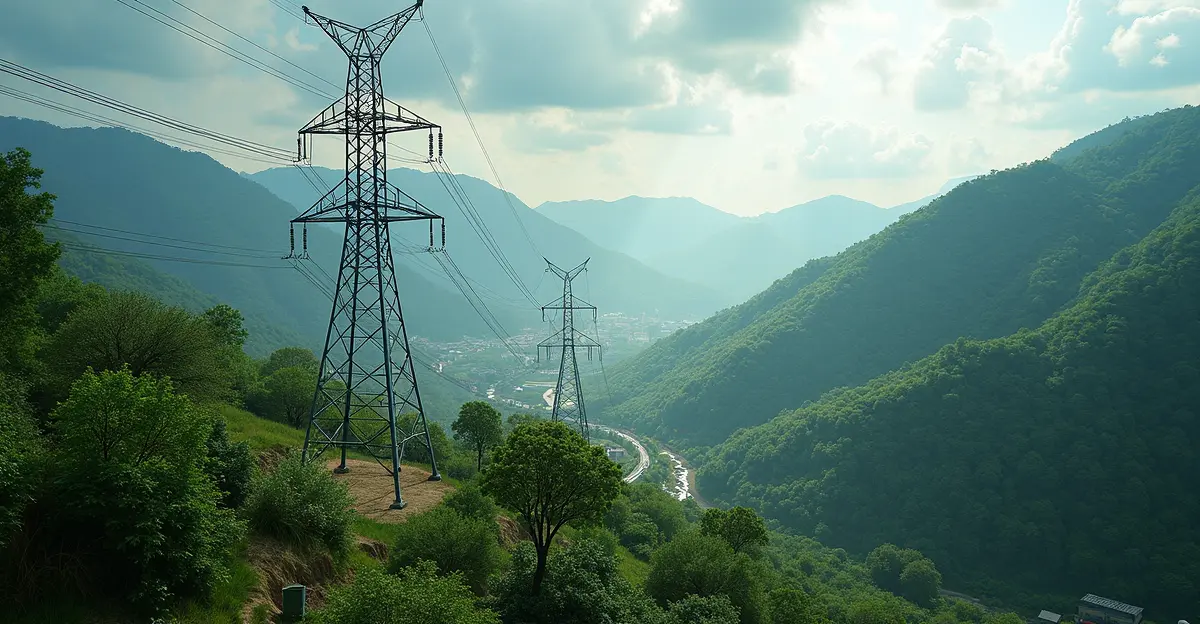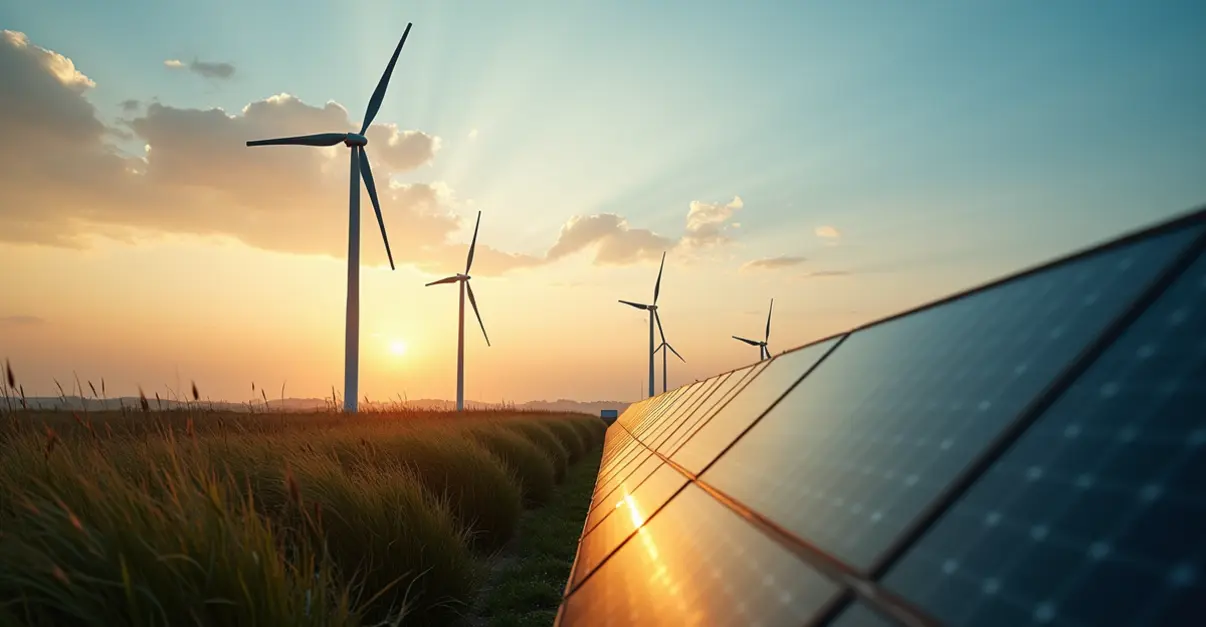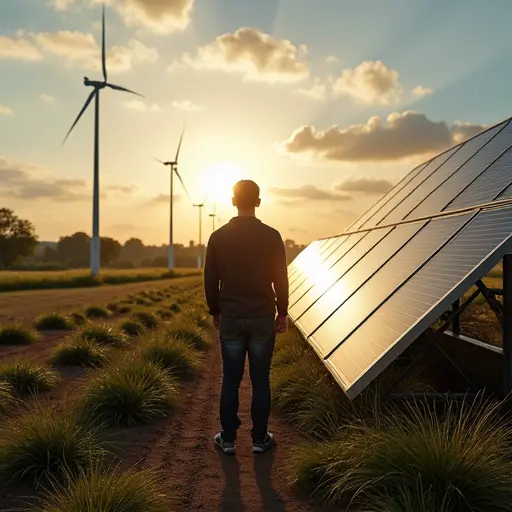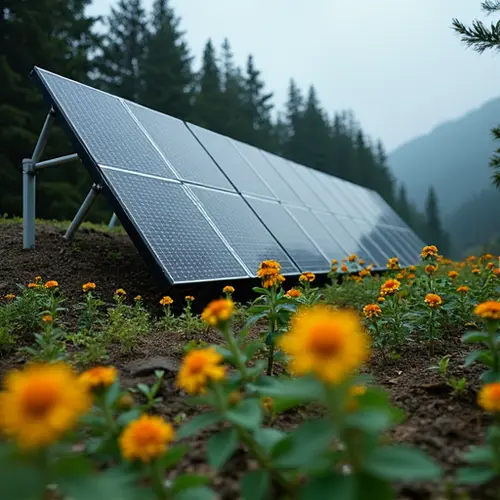Historic Energy Agreement Sets New Standards for Regional Cooperation
In a landmark move for regional energy security, a major regional bloc has signed a comprehensive cross-border energy trade agreement that establishes new frameworks for interconnection capacity pricing and renewable energy integration. The agreement represents a significant step forward in creating a more integrated and resilient regional energy market.
Interconnection Capacity Pricing Framework
The new agreement establishes transparent pricing mechanisms for cross-border electricity transmission capacity, addressing one of the most persistent challenges in regional energy markets. According to industry experts, this framework will help optimize the use of existing infrastructure while providing clear signals for future investment. 'This pricing mechanism represents a breakthrough in regional energy cooperation,' said energy analyst Dr. Sarah Chen. 'By creating predictable cost structures, we can finally unlock the full potential of cross-border electricity trading.'
The agreement comes at a critical time when grid congestion has become a major concern across many regional markets. As noted in the ACER 2024 Market Monitoring Report, congestion management costs reached €4 billion in 2023, highlighting the urgent need for better coordination.
Renewable Energy Integration Strategy
The agreement includes comprehensive plans for integrating variable renewable energy sources into regional grids. This addresses the growing challenge of managing intermittent power generation from solar and wind sources. The strategy includes provisions for energy storage, demand response mechanisms, and improved forecasting systems.
'The renewable integration component is particularly forward-thinking,' commented renewable energy specialist Mark Thompson. 'By planning for high levels of variable renewable penetration from the outset, we're avoiding the grid integration problems that have plagued other regions.'
According to the IEA Renewables 2025 report, global renewable power capacity is expected to double by 2030, making such integration strategies increasingly critical for regional energy security.
Implementation Timeline and Next Steps
The agreement sets out a phased implementation approach, with initial capacity sharing mechanisms expected to be operational within 18 months. Full implementation of the renewable integration framework is scheduled for completion by 2027, with regular review mechanisms built into the agreement to ensure ongoing optimization.
Member states have committed to aligning their national energy policies with the regional framework, creating unprecedented coordination in energy planning. The agreement also establishes a joint technical committee to oversee implementation and resolve any operational challenges that may arise.
'This level of regional coordination is exactly what we need to accelerate the clean energy transition,' stated climate policy expert Dr. Elena Rodriguez. 'By working together, member states can achieve energy security objectives while advancing climate goals.'
The agreement represents a significant milestone in regional energy cooperation and is expected to serve as a model for other regions seeking to enhance cross-border energy integration while supporting the global transition to renewable energy sources.

 Nederlands
Nederlands
 English
English
 Deutsch
Deutsch
 Français
Français
 Español
Español
 Português
Português










